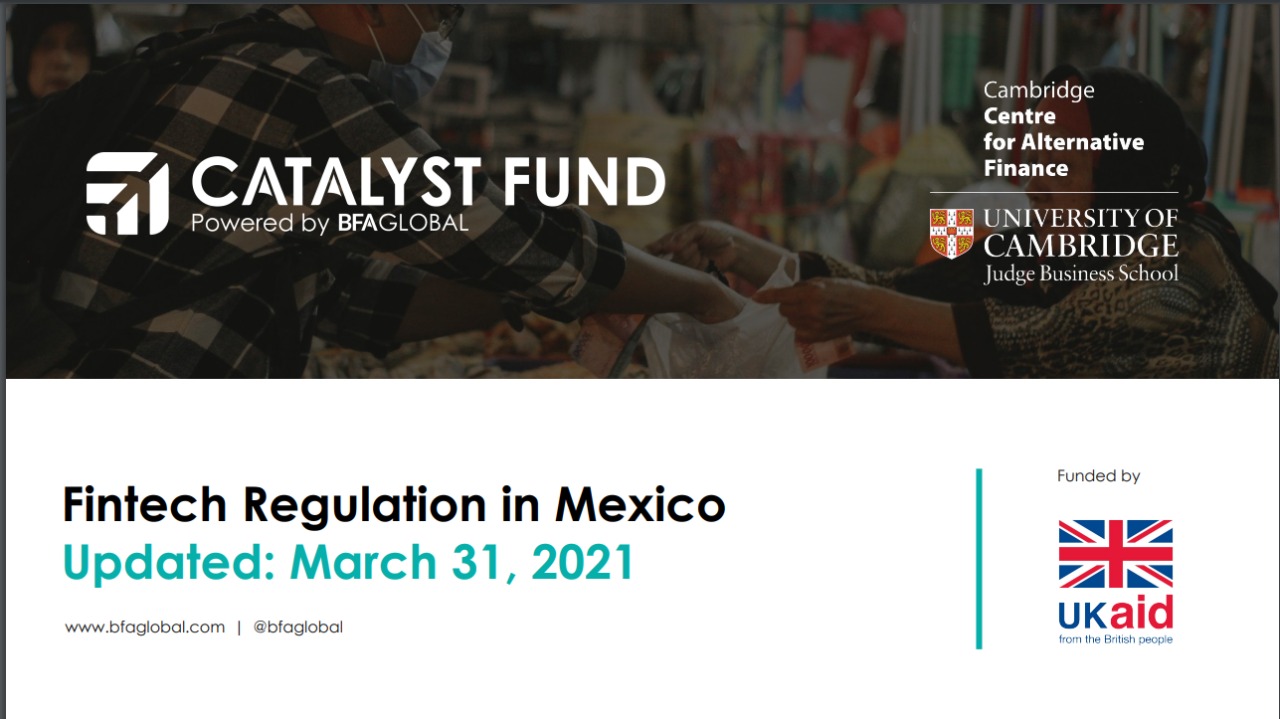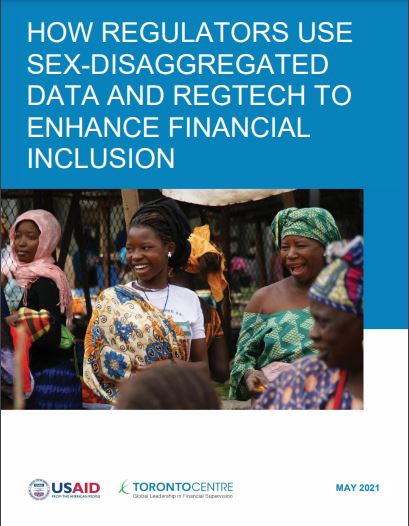Exploring the Integration of AI and ML in Fintech: Emerging Trends and Future Directions
By Rahul Jain This research paper aims to explore the integration of artificial intelligence (AI) and machine learning (ML) in the field of financial technology (Fintech). The paper examines the emerging trends in the integration of AI and ML in Fintech and evaluates the potential benefits and challenges associated with this integration. The study utilizes a qualitative research approach that involves an extensive review of relevant literature, including academic articles, industry reports, and news articles. The findings indicate that AI and...










